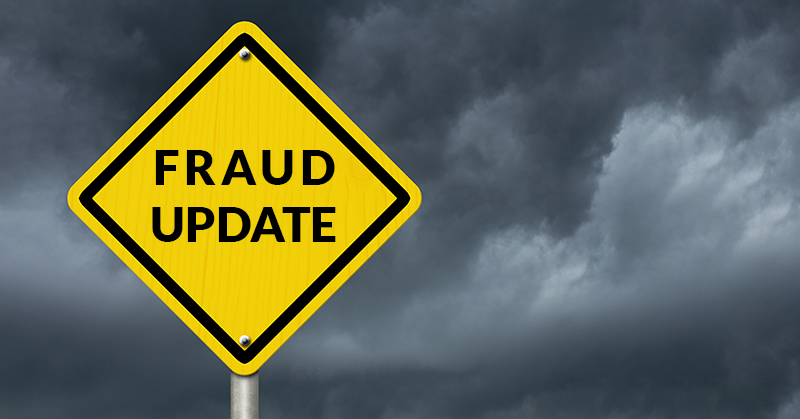Reports of fraudulent PPP loans have been increasing. Earlier this month, news of a U.S. Department of Justice investigation surfaced. According to sources with knowledge, the probe focused on whether financial technology companies may have miscalculated how much aid customers received from PPP loans and that the investigation included Kabbage, an Atlanta based company. Now, according to a variety of sources, it appears as if Kabbage not only miscalculated aid, but also processed loans for hundreds of non-existent businesses.
According to ProPublica, Kabbage processed "378 small loans totaling $7 million to fake business entities, all of which were structured as single-person operations and received close to the largest loan for which such micro-businesses were eligible." Most of these businesses were farms and many appeared in unlikely locations, such as orange groves in Minnesota.
In addition, ProPublica found that loans went to un-registered businesses, some of which had used addresses that went to abandoned buildings, empty fields and even residences. In fact, in the case of the "Beefy King" cattle ranch, the address provided turned out to be the home address of Long Beach Township Mayor Joe Mancini.
Kabbage is only one piece of the overall PPP fraud picture. While PPP loans kept many small businesses open during the pandemic, the sheer number of applications that were processed at the speed that the SBA encouraged meant that initially there were minimal safeguards preventing or catching the submission of fraudulent documents. The SBA inspector general estimated in January that the agency had approved loans for 55,000 potentially ineligible businesses, and that 43,000 obtained more money than their reported payrolls would justify. The Department of Justice has brought charges against hundreds of individuals and investigations continue.
Although traditional banks prioritized their existing customers, as encouraged by the Treasury Department in order to limit fraudulent applications, many small businesses did not have strong banking relationships and turned to online lenders. For these lenders, the PPP loans provided unanticipated revenue as they received a percentage of each direct loan as well as a cut of of the proceeds they processed for banks. Lenders tried to ramp up staffing to process the unprecedented influx of loan applications, but some online lenders relied heavily on the automatic processing with limited human review.
“For all of these guys, it was like shooting fish in a barrel. If you could do the minimum amount of due diligence required, you could fill up the pipeline with these applications,” said a former Kabbage executive, one of four former employees interviewed by ProPublica, who spoke anonymously.
Other online lenders opted to overlay strong application review processes to their automatic application dashboards to avoid lending to fraudulent businesses. However, the extended due diligence led to some dissatisfaction by customers who faced extended waiting periods until their documentation and identities were verified.
.png?width=150&height=63&name=TWRlogo-regmark_blueblack%20(1).png)
.png)









Do you have questions about this article? Email us and let us know > info@woodard.com
Comments: